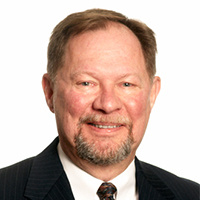Lohman Estate Lawyer, Missouri
John D. Landwehr
✓ VERIFIEDEstate, Accident & Injury, Real Estate, Business, Car Accident
John Landwehr joined CVDL in 1984 after serving as an Assistant Attorney General under John D. Ashcroft for three years. He practices in the areas ... (more)
William R. England
Real Estate, Estate Planning, Family Law, Business Organization
Status: In Good Standing
Diana C. Farr
Family Law, Business Organization, Estate Planning, Real Estate
Status: In Good Standing
Janet E. Wheeler
Family Law, Business Organization, Estate Planning, Real Estate
Status: In Good Standing
Sherry A. Mariea
Business Organization, Commercial Real Estate, Construction, Estate Planning
Status: In Good Standing
Michael Madsen
Business Organization, Estate Planning, Mental Health, Health Care
Status: In Good Standing
James W. Gallaher
Estate Planning, Corporate, Business Organization, Administrative Law
Status: In Good Standing
FREE CONSULTATION
CONTACTKatie Diane Whitman
Power of Attorney, Estate Planning, Elder Law, Corporate
Status: In Good Standing


